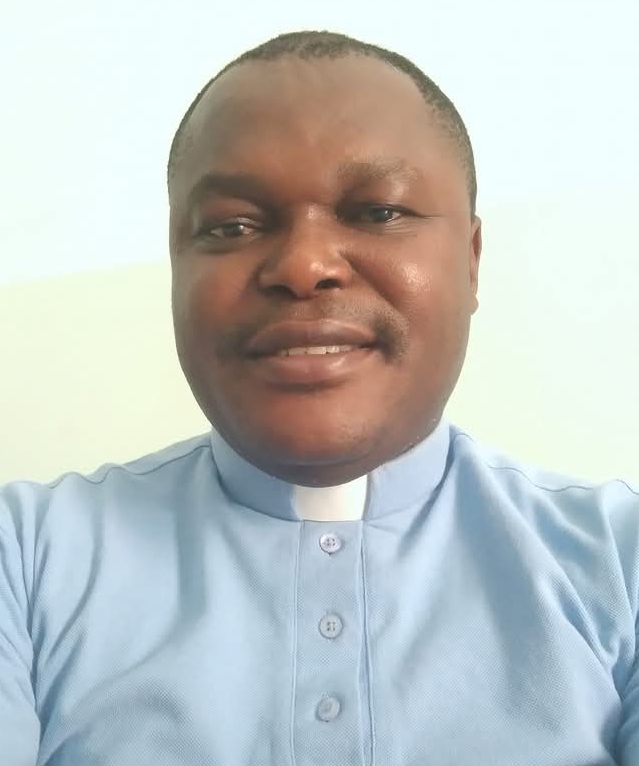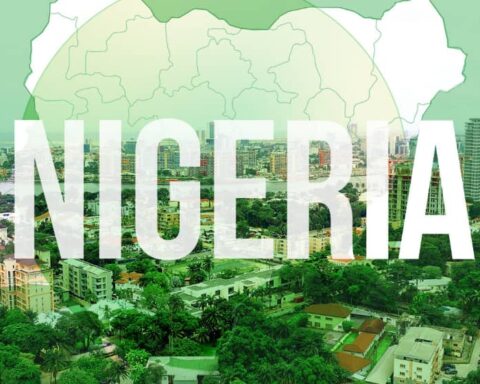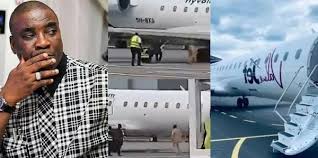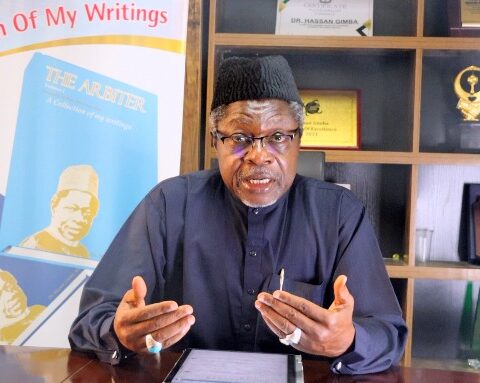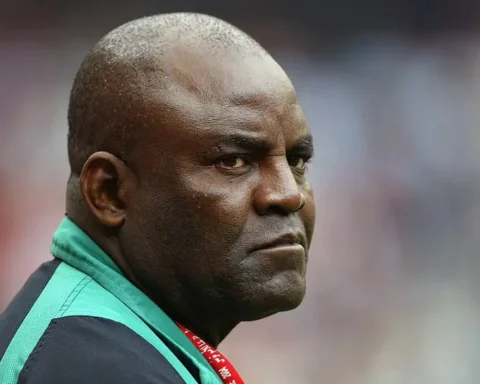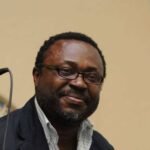By Rev. Fr. Augustine Ikenna Anwuchie
It is important to carefully interrogate anyone posing as a messiah, claiming to save you from your enemies or protect you from harm.
Why do I say this?
The history of insecurity in Nigeria is closely tied to self-acclaimed messiahs preaching religious or spiritual revival or claiming to deliver political freedom and liberty.
In Northern Nigeria, these claims are often met with servile and unquestioning belief by a largely ignorant population.
In the 1980s, long before Boko Haram, the Matatesine uprising led by Mohammmed Marwa, a Cameroon-born puritanical and radical Islamic preacher who moved to Northern Nigeria in 1940s, led to the death of over 4,000 people.
Mohammed Marwa, nicknamed “Maitetisine,” condemned Western education, materialism and elements of modernity including radios and motor bikes. Thousands were displaced in Kano and houses left in ruins. He was killed and the rebellion crushed, but his followers spread and carried out similar uprisings in Maiduguri (1982), Yola (1984), and Gombe (1985).
Although the Maitetisine revolt was physically crushed by the military, it was incubating in the hearts of many Northern sympathizers and stakeholders. At the return to democracy in 1999, some Northern Muslim politicians weaponized religion once again.
Ignoring the lessons of history and refusing to learn from the Maitetisine revolt that any ascent to fundamentalist Islamic law will prepare fertile grounds for radicalization, some Northern governors went on to adopt the Sharia.
Governor Sani Yerima of Zamfara was the first, followed by Kano, Sokoto, Katsina, Bauchi and Jigawa. Effort to implement the Sharia in Kaduna led to the death of an estimated 2,000 people.
The Sharia agenda was pushed in defiance of the fact that Nigeria runs a secular constitution and in disregard of the outcry of Christians and other religious minorities in the North.
Initially opposed by Obasanjo, who called it “political Sharia” and suggested it will not survive, he later back tracked, preferring a hand-offs approach to avoid religious tension.
As Sharia took effect, Amina Lawal was condemned in 2002 on accusations of adultery, a sentence later overturned. Also condemned to death was Safiya Hussein, a sentence that was equally overturned.
Sharia would later be used to justify all sorts of religious bigotry, including extra judicial killing. Sharia punishments like amputation, flogging and stoning gave a religious coloring to justice, blurring the lines between religion, society and politics.
Radical preachers and enthusiasts saw the adoption of Sharia as a victory and as a step towards a broader Islamic state. Emboldened extremist preachers could now justify anti-democratic and anti- Western ideologies in the name of “Islamic purification.”
This was how transactional politics, dividing communities, ignorance and under-developement were woven together to the radicalization of the North.
Instead of delivering development, the 12 Northern states that adopted the Sharia fed people the opium of religion and ignorance. The stage was set for the North we see today.
Today’s Boko Haram and banditry sit on the foundations of the Maitetisine revolt, the Sharia laws and the radicalizing tendencies of the 1980s and 1990s that were left unchecked and instead reinforced through the politicization of religion.
The language and ideology of Boko Haram are not different from the language and ideology of Muhammad Marwa, the immigrant who led the Maitetisine revolt. Like Boko Haram, whose leader Abubakar Shekau was from Niger Republic, Marwa found Nigeria – where religion supersedes common sense – a fertile ground for nurturing Islamic puritanism and radicalization.
Both the Matatesine revolt and Boko Haram insurgency abolished Western education, liberal democracy and modernity. They crave the establishment of an islamic state. They idolize stoning, amputation and lynching as punishment for “offenders” sometimes convicted by mobs.
So the insecurity we see in the North today is a consequence of years of generational failures by the government, stakeholders and the people. When Boko Haram started, many Muslims thought the messiah had come. But radicalization doesn’t know true religion and death doesn’t kill according to faith. The North, once the food basket of the nation, has become the graveyard of Nigeria.
Boko Haram terrorists and bandits are heroes protected by transactional politics and a government that lacks the will to hold people accountable. Instead of being treated as war criminals, clerics like Sheik Gunmi provide moral and theological justification for their impunity, while careless utterances from some Muslim Northern stakeholders show a wavering and hypocritical posture to avoid confronting it for what it is.
In the end, the crisis in the North is more than a crisis that yearns for safety – it is a crisis that longs for hope. Instead of a shattered homeland, swollen eyes eluded by sleep, silenced dreams and lives cut short by death, the North must invest to get to the root causes – systemic injustice, poverty and ignorance. Only then can peace blossom across the North.
